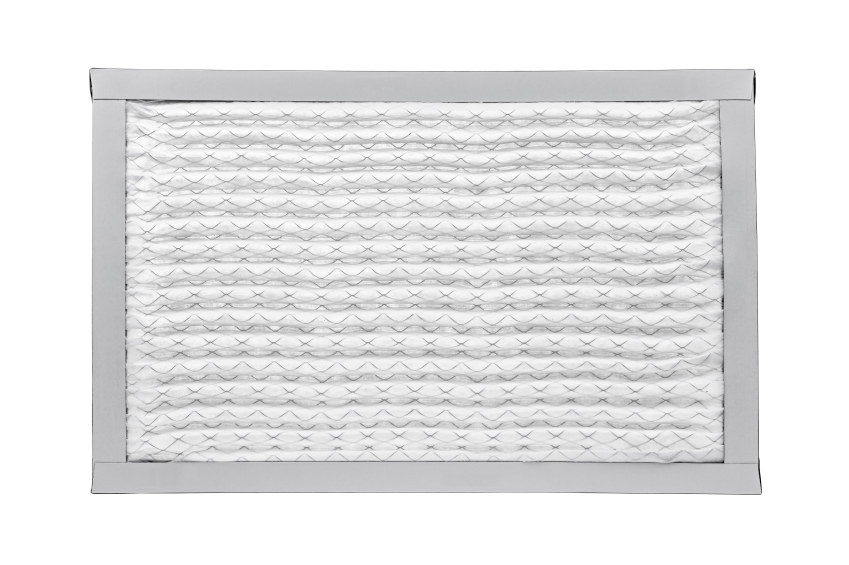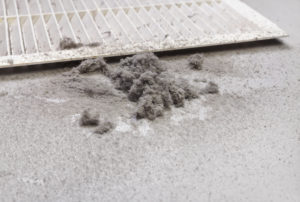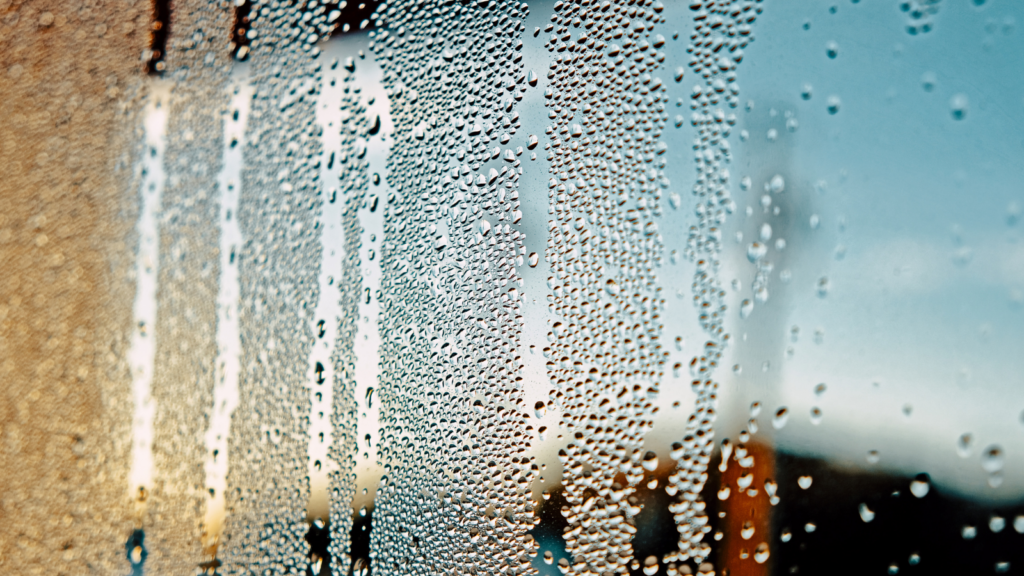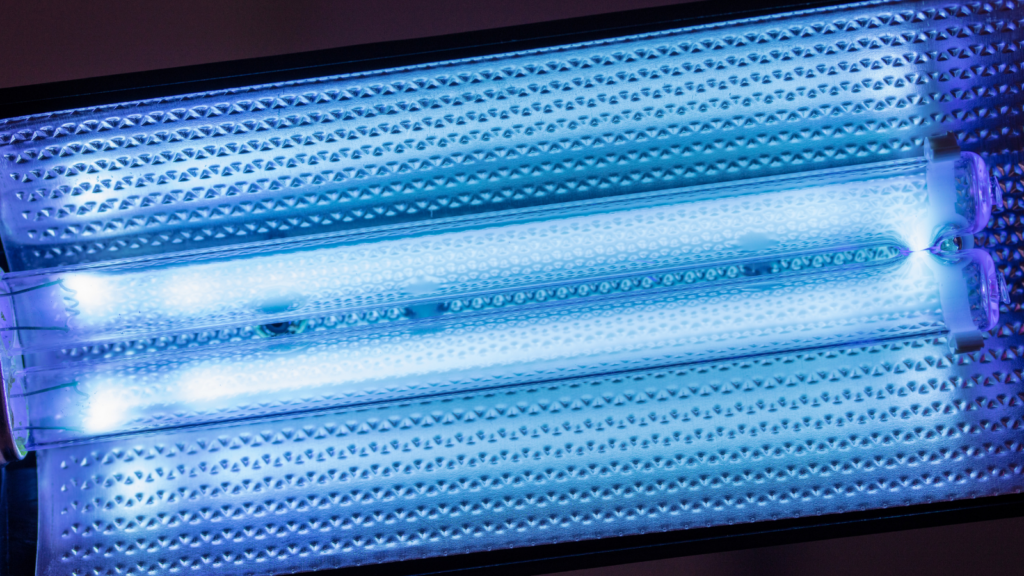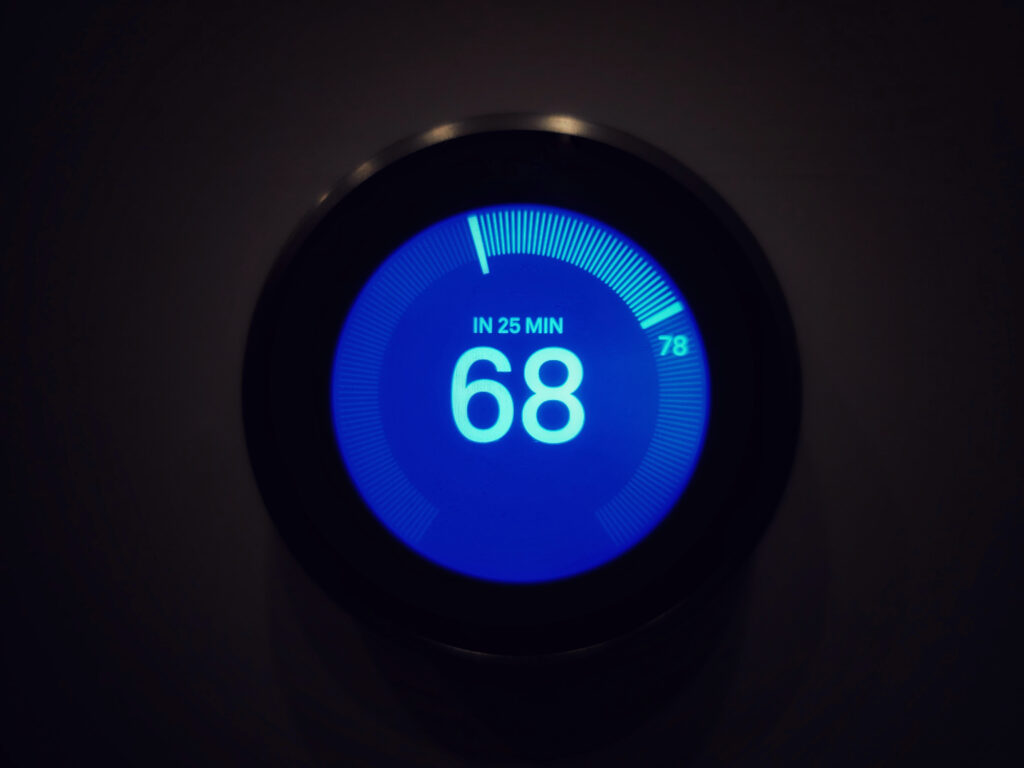You Need To Replace Your AC Filter — Do You Know How?
Air filters quickly become clogged with debris, especially in the cooling season when air conditioners are running around the clock. Failing to change your filter can mean you’ll be facing a repair, higher energy bills, and decreased life span from the AC. In other words, replacing your AC filter is one of the easiest ways to ensure optimal system performance year after year.
The good news is that swapping out your air conditioner filter is a simple task — if you know what you’re doing.
How To Replace Your AC Filter: An Easy Step-by-Step Guide
In many homes, the air filter is near the thermostat. So, the first step is to locate the filter. Go to your thermostat, and look for a vent. If you can’t find a return vent with the filter close by, look at the air conditioning unit. Some models house the air filter closer to the system rather than at the return air grille.
Here are the next steps once you’ve located the filter:
- Loosen the fasteners holding the front of the grille to the vent, and gently remove the cover. Set it aside. The air filter should be directly behind the cover.
- Reach in and pull it out.
- Set the filter to the side, and assess its condition. When it’s past its prime, a dirty filter will usually be a dingy, grayish-brown color. If it still looks whitish, there may be some life left in it.
- If the filter is dirty, grab the new air filter.
- Identify the arrow pattern on the edge of the filter. The direction of the arrows is important to ensure proper airflow. The arrows should not point out or at you. If they do, airflow will be restricted.
- Once you find the arrows, position them to face the wall.
- Place the air filter back into the return duct opening, gently easing the bottom portion of the filter in first and then the top.
- Double-check that the arrows are pointing toward the duct.
- Give the filter a gentle pat to ensure it fits snugly into the opening.
- Put the cover back on.
- Tighten the fasteners.
Now, the job of changing the air filter is complete. Replacing a clogged or dirty filter can help your home feel more comfortable because air flows freely through your system.
If you’re still having comfort or humidity issues after replacing your AC filter, consider installing a whole-home dehumidifier.
What’s the Best Type of Filter To Use?
Not all filters are the same. There is a range of different filter types and efficiencies available. The minimum efficiency reporting value (MERV) is a rating that tells you how efficient a particular filter is at cleaning the air.
Residential air filters usually have a MERV between 1 and 12, with higher numbers indicating filters are more efficient at removing dust, particles, and bacteria from the air.
Here’s a general breakdown of the different categories of MERV ratings for home air filters and what they mean:
- 1 to 4 means minimal filtration, with less than 20% of air particulates being removed.
- 5 to 8 offers better filtration, removing between 20% and 35% of air particulates.
- 9 to 12 offers the best filtration, removing at least 50% and potentially more than 90% of air particulates.
The best air filter for your home depends on your needs and the type of HVAC system you have (especially if anyone in your home has health issues that require your home’s air to be as clean as possible).
If you’re not sure what type of air filter is best for your system, contact an HVAC professional. There can be risks associated with installing a filter that’s not designed for your HVAC system. You can also check the owner’s guide, as the manufacturer outlines the range of filter efficiency ratings that are ideal to use with the system.
How Often Should You Replace the Air Filter?
For most homeowners, it’s helpful to change the filter every three months or so. You should change it more frequently if:
- You have pets that shed.
- Your home sees a lot of traffic.
- You’re remodeling your home
- Anyone in your home suffers from allergies.
- Your home gets especially dusty for any reason.
It’s also a good idea to check your filter every month and change it out when it appears dirty and when the summer season heats up and you use your AC more often.
Call (386) 337-3502 or contact us online if you’d like an HVAC expert from Jacob Heating & Air Conditioning to walk you through changing your air filter, or if it’s time to schedule air conditioning maintenance or repairs.
We help home and business owners in West Volusia County with all their cooling and heating needs, and we service every brand of HVAC equipment, from Tempstar to Carrier®.
We proudly provide top-quality air conditioning, furnace, and heat pump solutions to those in Astor, DeLand, DeLeon Springs, DeBary, Deltona, Lake Helen, Orange City, and Pierson, Florida.
Air Filter Replacement FAQs
How bad is it if I don’t change my filter?
If your HVAC air filter is only moderately dirty, failing to change it can reduce the efficiency of your heating and/or air conditioning system, leading to higher utility costs.
If the air filter is not just dirty but partially or fully clogged, it can damage other parts of your HVAC system. By reducing airflow, a clogged filter can force the AC compressor to work harder, overheating it, or in the winter, it can cause the heat exchanger in your furnace to overheat and crack. Both are expensive components to replace, even if the parts are available.
At Jacob Heating & Air Conditioning, we recommended checking the air filter every month and replacing it when it looks dirty, or about every three months.
Shouldn’t I choose the filter with the highest MERV value?
Not necessarily. Many HVAC systems were designed to use basic fiberglass or pleated filters with low MERV ratings. Some may accept air filters with higher ratings, but if you go too high, you may introduce an airflow restriction that reduces efficiency as much as a dirty air filter does.
In general, the better an air filter is at removing airborne particles, the more restrictive it is. Check your HVAC owner’s manual to determine the maximum recommended MERV rating for your HVAC air filter, or ask our HVAC experts.
What’s in my air that makes the filter turn brown?
In most cases, the brown accumulations on an HVAC filter are simply household dust, pollen, pet dander, pet hair, and other airborne particles the filter is designed to remove. There may also be traces of cooking grease and oil, as well as tobacco smoke if there are smokers in your home.
If your air filter turns black, however, it can be caused by candle smoke or more harmful sources like soot from a water heater or black mold. For advice on solving air quality issues in your West Volusia home, talk to our team at Jacob Heating & Air Conditioning.
needs today!
Sidebar
Wow! What an honest and fair price company. They did what they said, showed up when they said and never treated me like I was just a job! I deal with many contractors and this by far was the best experience! I strongly recommend this company!
Tonia G.We just had a new air conditioning system installed in our condo. JD and Pablo were real professionals, and worked quickly and efficiently. The installed unit looks clean and neat. Great job!
Philip R.The service provided by jacobs heating and air conditioning was great. They have been in business for along time and I can see why. They arrived for the service exactly on time. The service cost estimate was right on target. The technicians John, j.o., and Pablo were very efficient and explained what they did in a very easy to understand dialog. We are definitely going to use jacobs for future hvac servicing and maintenance.
Charles B.Contact Us Today
help you! Contact Jacob Heating & Air Conditioning for All
your Comfort needs
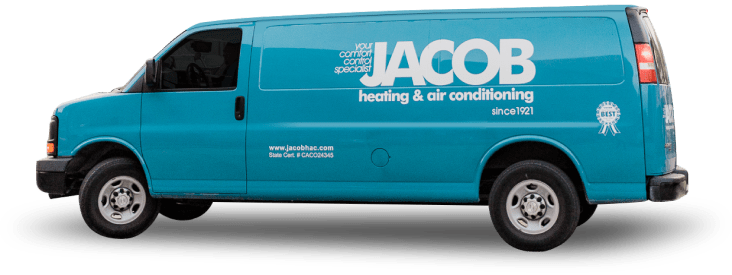


At Jacob Heating & Air Conditioning, our passion for customer service and the quality of our work is deeply ingrained in our company culture. We're not just committed to helping our customers; we put our reputation on the line with every job we undertake.
Our team takes pride in our work and backs it with excellent service guarantees for our customers in West Volusia County and the surrounding areas. These guarantees include:
- One-year guarantee on HVAC repairs
- Prompt service for every visit
- Cleanliness on the job
- Complete customer satisfaction


